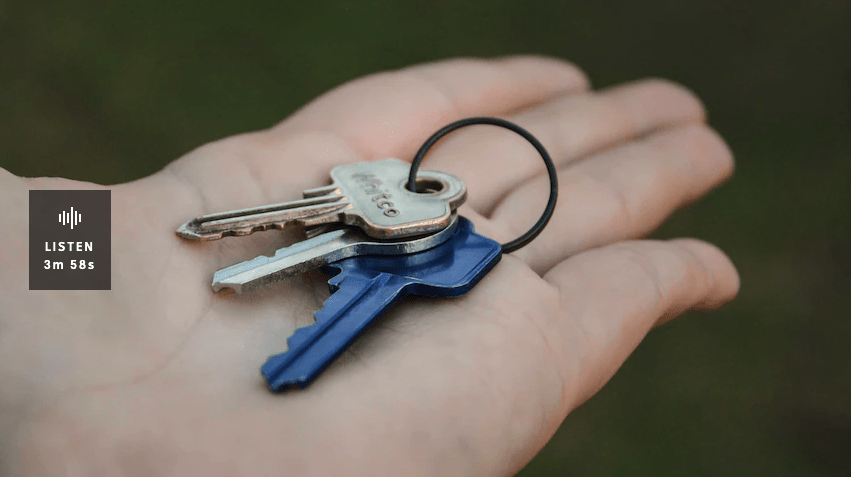A majority of young Australians are relying on an early inheritance to enter the property market and $3.5 trillion will be transferred between generations in the next two decades, industry experts say.
Managing director of The Australian Housing and Urban Research Institute Michael Fotheringham said 70 per cent of first homebuyers received some financial support from their families.
That’s because otherwise, for many, it would simply not be possible.
“Price rises over the last 30 and 40 years have massively outstripped wage increases so the relative cost of housing compared to salaries or wages is much higher,” Dr Fotheringham said.
Matthew Lloyd-Cape, director of the Centre for Equitable Housing, agreed.
“No amount of pulling yourself up by your bootstraps can overcome such huge changes,” he said.
Mr Lloyd-Cape said while parental help had become a necessity, not everyone was fortunate enough to have it, which was building intergenerational inequality into the housing system.
“If you come from a poorer family who do not own a home, you are less likely to buy a house and build your own nest egg,” he said.
There is also a big discrepancy between genders when it comes to wealth transfers, according to Australian Housing Monitor research – men were 17 per cent more likely to get help from mum and dad.
Mr Lloyd-Cape said over the next two decades $3.5 trillion will be transferred between generations.
Jasmine Curran and her husband purchased a $1.28m Torrens Park, Adelaide, home in April this year, thanks to an early inheritance of $750,000 given to them by their grandparents.
“My husband’s grandma, who is 94, was gifted a house from her wealthy grandparents … and felt she could now pay that same gift forward to us,” Ms Curran, 25, said.
“My grandma, also in her 90s, wanted to see us settled in her last years.”
The gift allowed them to purchase the four-bedroom house where they live with their 18-month-old son.
Without the cash Ms Curran, who is a nurse, said she and her husband, who is a medical registrar, would have been forced to settle for an old home with fewer bedrooms.
“We also would have had to wait before trying for another child and continued living with family to save more money,” she said.
With three children between the ages of seven and 20 months, who suffer from health conditions, the family couldn’t balance the rising cost of living with saving for a deposit.
“We wouldn’t be in the market at all,” she said.
“It would have taken us probably another year of living with my mum to be able to enter the market.”
Ms James said that despite having a high-paying job as a mental health clinician, purchasing a home would have proved very difficult without the help
Two years ago Tom Allen, 32, started his own business and wanted to purchase his first home but his loan application was denied.
“I wasn’t able to get a loan without having more turnover and my business being more established,” the director of chemical goods distributor AHG Industries said.
Mr Allen’s parents took his $25,000 savings and offered to buy a $310,000 townhouse in Prospect, Adelaide, for him.
“The house is not actually under my name,” Mr Allen said.
He is a joint contributor on the mortgage account and transfers $275 a week into it.
Without the help from his parents, Mr Allen said there was “no way” that he would have been able to enter the property market.
Sydneysider Georgia Bice, 29, herself a mortgage broker, and her husband Michael Bawes, 30, are using the equity in their parents’ $2m Hobart investment property to purchase their first home by using a family pledge loan.
“Without the help of our parents, buying a property for us to live in would be near impossible,” the First Choice Mortgage worker said.
Ms Bice said “family pledge loans” were common in Sydney as many families did not have liquid cash available to pass on.
Adelaide research assistant Rebecca Wear, 26, is undergoing her pre-approval loan process with Zanda Wealth Mortgage Brokers which she said would not have been possible if not for her mum loaning her $15,000.
“It’s been very disheartening and feeling like you worked really hard and then … you’re so close but so far,” she said.
Ms Wear even sold her car to gain more cash for a deposit.
Originally published by Evangeline Polymeneas for the Herald Sun, 3 September 2023

